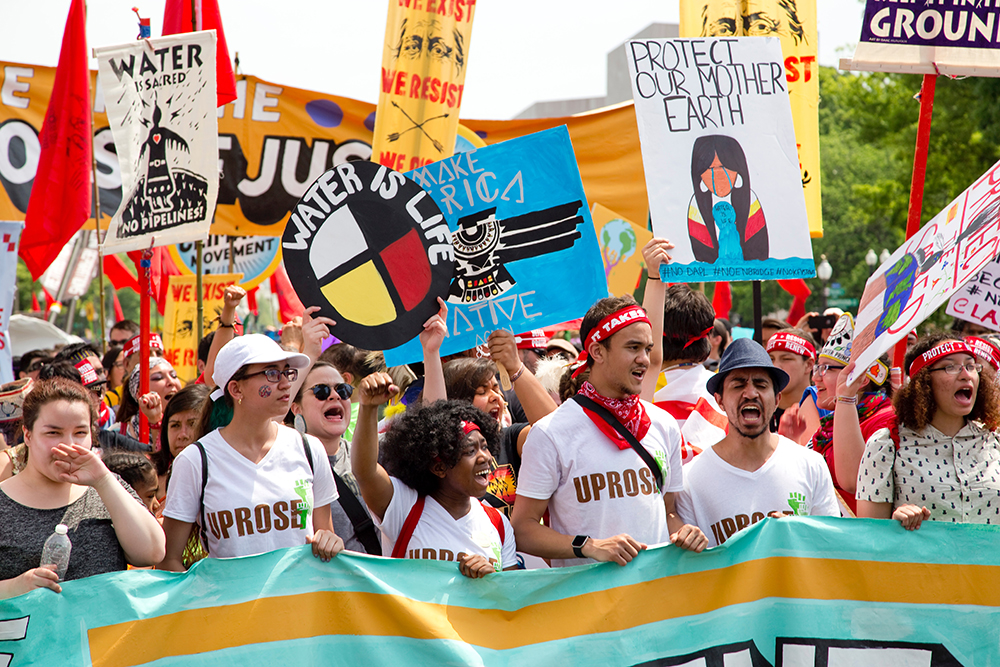
KUALA LUMPUR – Malaysia will administer the AstraZeneca Covid-19 vaccine only to those who want it, a decision that will likely hamper the countrys aim to achieve herd immunity as it records a moderate spike in infections.
The coordinating minister for immunisation, Mr Khairy Jamaluddin, said that the British-Swedish vaccine would be excluded from the national immunisation programme owing to growing hesitancy over its usage following reports of blood clots in those vaccinated in several European countries.
Mr Khairy conceded on Wednesday (April 28) that scientific data regarding the efficacy and benefits of the AstraZeneca vaccine has not helped overcome the hesitancy and reluctance with regard to the perceived risks associated with the vaccine.
This means the national immunisation plan – which was rolled out at the end of February and is now in the second phase for high-risk groups – will use only the Pfizer-BioNTech and China-made Sinovac vaccines.
Mr Khairys announcement came amid another spike in Covid-19 cases in the country after a slight dip towards the end of March.
Experts said that Malaysia was still in the grip of a third wave of the pandemic that only registered an artificial dip in March. A possible fourth wave of infections has not been discounted.
Over 2,000 daily infections have been recorded since April 15, and the number of active cases has climbed again to over 25,000 cases as at Tuesday.
The government is aiming to achieve herd immunity as soon as possible to be able to lift Covid-19 restrictions across the country – which has been extended for a fourth month until after the Hari Raya celebrations next month.
Health Minister Adham Baba said on Wednesday that the ministry would continue focusing on targeted partial lockdowns, instead of nationwide restrictions which were in place between January and February following a drastic surge in infections.
Professor Awang Bulgiba Awang Mahmud, an epidemiologist who previously said that the government lifted restrictions too early without putting in place mechanisms to monitor new infections, believes the implementation of health protocols, called standard operating procedures (SOPs) in Malaysia, and poor crisis communication remains an issue.
It is not the lack of SOPs which are the source of concern. There are many SOPs but there is uneven application of SOPs and a lack of understanding of why people disregard SOPs, he told The Straits Times.
Crisis communication has been poor and confusing, and contradictory messages suggest that messages were not thought through properly, he added.
Another epidemiologist, Dr Malina Osman, said that enforcement was the issue.
The issue is not (about) working or not working, but whether it is strictly enforced like what we have in Movement Control Order 1.0 or the other version of MCO, Dr Malina told ST, referring to the official terms for the strict lockdowns imposed earlier.
Malaysian Public Health Physicians’ Association president Zainal Ariffin Omar expects that the current wave of infections will continue for some time.
The protocol is adequate. The problem is people are not adhering to it strictly and a lack of enforcement and monitoring by authorities, Datuk Dr Zainal told ST.
Vaccine registration for Malaysias voluntary immunisation programme – that targets 80 per cent of the population – has also been moving slowly. Only 1 per cent of the total targeted population were added to the register for the past week.
Only 9.3 million of 24 million have registered for vaccination.
As at Tuesday, around 1.37 million people had received at least one dose, which is just over 4 per cent of the population. More than half a million of them received both doses. Malaysia aims to start vaccinating its general population next month.
Malaysia logged 3,142 new Covid-19 cases on Wednesday (April 28), the highest in two months. There were 15 new fatalities reported, bringing the death toll to 1,477.

 Subscribe to The Daily Telegraph to get unrestricted digital access, home paper delivery, Apps for iPad and Android, member only +Rewards and much more…
Subscribe to The Daily Telegraph to get unrestricted digital access, home paper delivery, Apps for iPad and Android, member only +Rewards and much more…  Do you compost or buy second hand?
Do you compost or buy second hand?  The Newsreader review: Exhilirating Australian prestige drama
The Newsreader review: Exhilirating Australian prestige drama  Local shares fell on Friday as investors make last-minute adjustments to their portfolios ahead of the main index’s rebalancing, while unease over rising infections grows.
Local shares fell on Friday as investors make last-minute adjustments to their portfolios ahead of the main index’s rebalancing, while unease over rising infections grows. 


